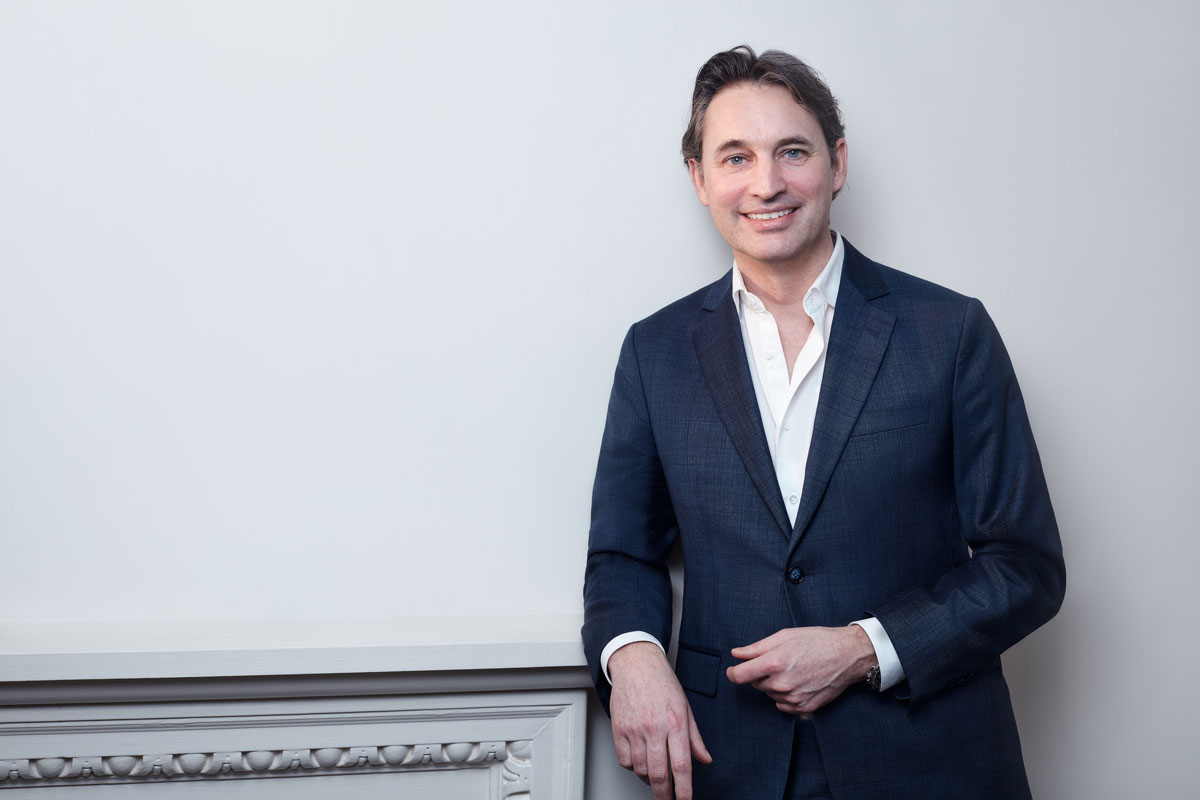When trying to change an entire system, we have to be next-level driven and ready to double down. Meanwhile, startups, the venture capital that backs them and the illiquid market have largely remained the same for decades.
Venture capitalists pick the companies they want to back, mostly via warm introductions from their existing network – friends of friends. Then, once these founders and startups are funded, there is a lack of data on pretty much every aspect of the business.
This way of connecting means the process has inherent bias and some of the best entrepreneurs remain hidden – unbacked and unable to share their visions on the scale they deserve, simply because they don’t belong to the right network.
An early passion for tech
Martijn De Wever, serial entrepreneur and Founder of Floww, is changing all of that. He grew up fixing computers that his dad brought back from his job at IBM. It was here that his true passion for technology and innovation began.
De Wever later combined this passion with his wide-ranging experience as a London credit trader to launch his own venture captial firm, Force Over Mass. In the beginning, he says, investor nights were in his living room at home, over bottles of wine with entrepreneurs pitching to investors sitting on his sofa. The team that he had convinced to work for free set up camp at his kitchen table to source deals. Now, years later at a boardroom table, the fund manages US$142 million and has a track record for picking winners.
The entrepreneurial shortfall
Networks still remain vital in the world of entrepreneurship. For example, take Clubhouse, Andreessen Horowitz’s latest dream venture. The audio-first social app began like many Silicon Valley startups, with the founders and their friends hanging out in a single ‘room’ on the app. That was early 2020. A year later, Elon Musk asked Vladimir Putin if he wanted to join him on the app for a chat together, while users have grown like wildfire among Hollywood and the most influential business leaders. According to its CEO Paul Davison, “Clubhouse is a new type of social network.”
The fact that Clubhouse was backed by one of the giant venture capital firms of Silicon Valley, Andreessen Horowitz further accelerated the app’s network impact as these investors dug through their own contacts to support the venture’s growth. Davison says its model is centred around a “policy of creator first”. But when the creator’s network is grown from a circle of elite movers in the tech space, how do we ensure these networks of influence are inclusive and fair?
Go with the Floww
Floww is De Wever’s rebellious solution to an outdated and exclusive process. He realised that the startup ecosystem could be made vastly fairer, with the best entrepreneurs getting in front of investors based on merit rather than connections that relied on the old boys’ network. Floww, which launched out of beta in January 2021, redesigns the venture capital system so that entrepreneurs can get in front of the right investors, while presenting clean and simple data.
After witnessing thousands of entrepreneurs pitch for funding, De Wever says one thing never fails to stand out. “Tenacity. The best founders never give up. They have an energy about them to change the world, and nothing will stand in their way. When you look for entrepreneurs to back, you look for that game-changing energy.”
“Tenacity. The best founders never give up. They have an energy about them to change the world, and nothing will stand in their way. When you look for entrepreneurs to back, you look for that game-changing energy.” – Martijn De Wever
Floww’s own game-changing energy lies in its big-picture mission for the entire startup market and De Wever’s vision for it is global. “We are building the marketplace for everyone who plays in the startup ecosystem,” he explains. “Angel investors and VCs find the best deals, with transparent data. Founders can showcase their startups, and put their best foot forward.”
Referencing his days as a London credit trader, De Wever believes Floww will become a liquid market, enabling transactions between angels, venture capitalists, limited partnerships and the startups they back.
In terms of impact investing and democratising entrepreneurship, the implications are enormous. For the first time, international founders across the globe will be able to access capital from investors in London, New York and Silicon Valley.
More than 4,000 startups are already benefiting from the platform, without the need to already know those networks of privilege. “We are excited to level the playing field and make entrepreneurship fair, based on how extraordinary the founder and startup is, wherever they are from in the world, and whatever challenges they have faced,” says De Wever.







